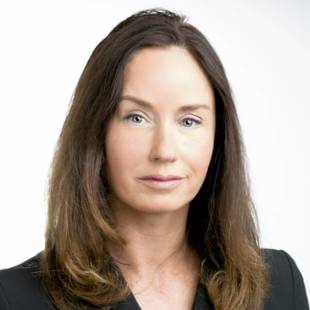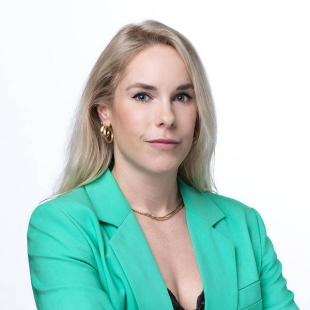
Climate Crisis Innovation Opportunities
For centuries, mankind has selfishly exhausted natural resources and taken the environment for granted. The only remedy to climate change is human change. The longer we wait, the harder the problem is to solve. We need to act now! We are looking for innovations that solve root causes and foster human change in an economically viable way. Prevent improper waste disposal instead of minimising it. Fully decarbonise instead of limiting emissions. Only then can we battle the climate challenge.
Podcast - CMS Reception in Davos 2020: Luisa Neubauer
In this episode climate activist Luisa Neubauer shares her vision on the climate crisis. According to Neubauer, if we want to find a solution to the climate crisis, we “need people to act, to work together, that’s the only way… we need very smart collaboration, we need very smart solidarity, even.” She adds: “I wish we could find a more realistic way, a more rational way to deal with the crisis situation. The risk, scientists say, is as high as it was when they were about to drop nuclear bombs – this is where we are. This is not being apocalyptic but realistic.”
|
|
|
|
Energy Transition: Evolution or Revolution?
Energy Transition: Evolution or Revolution?
CMS Expert Guide to renewable energy
Recent case law sheds light on allocation of scarce transport capacity in the Netherlands
In recent months, Dutch grid operators have reported the troubling news that the electricity grid has reached its limit and that reinforcement is required.
Currently, ten out of the Netherland's twelve provinces are either experiencing or expecting capacity shortages. As a result, many renewable energy projects are awaiting a grid connection or a transport capacity offer. Grid operators, however, have been refusing to provide the requested connection and transport capacity, stating there is no capacity available. Market parties (both renewable producers and large users of electricity) oppose this position, arguing that grid operators are legally obliged to connect them and to provide transport capacity. In anticipation of promised legislative amendments that should clarify the grid operators’ legal duties to connect and transport electricity, recently published case law now sheds light on this dilemma.
Podcast - Partner or buy if you can't DIY
Organic growth and innovation are increasingly hard to come by. Large companies are progressively acquiring or collaborating with more nimble and younger startups. However, acquiring another business or partnering up is a serious commitment - integration can be a challenge, payback time frames can be long and success is far from guaranteed. What is the recipe for success and what role do VC funds, incubators and innovation consultants play in this ecosystem?
Netherlands announces Heat Act 2.0
As Dutch lawmakers await the revised Heat Act – adopted by Parliament on 3 July 2018 – to enter into force on 1 January 2020, another bill to amend this act is already being prepared.
This bill, which the Ministry of Economic Affairs and Climate calls the Heat Act 2.0, anticipates the coming energy transition where heat networks are expected to play an increasingly important role as an alternative to gas. To facilitate decision-making and investment in the construction and operation of heat networks, the ministry is using the Heat Act 2.0 to elaborate on the roles and responsibilities of public and private parties, and outline the prerequisites for creating a reliable, affordable and sustainable collective heat supply.












